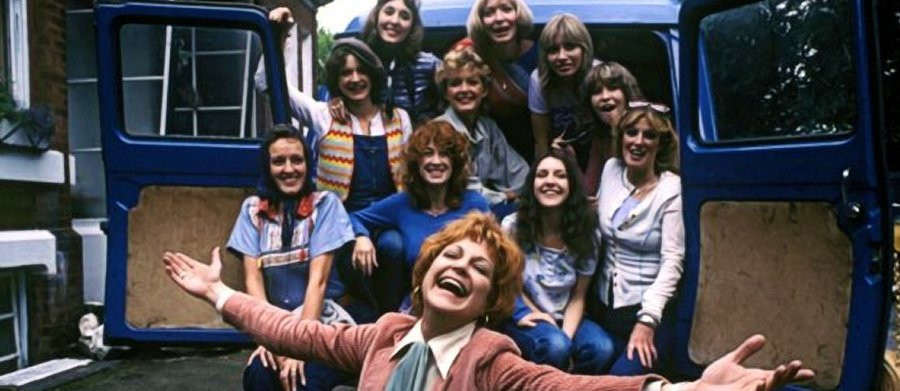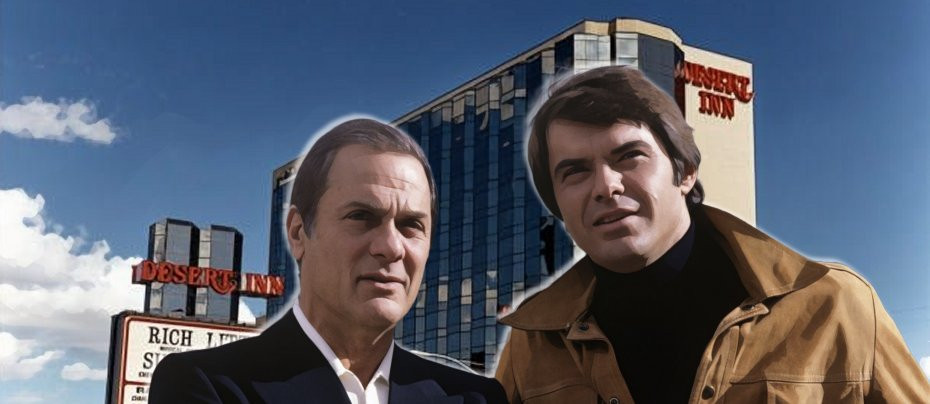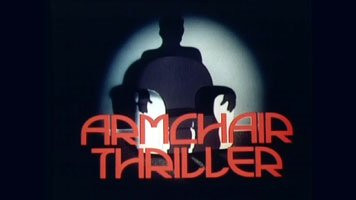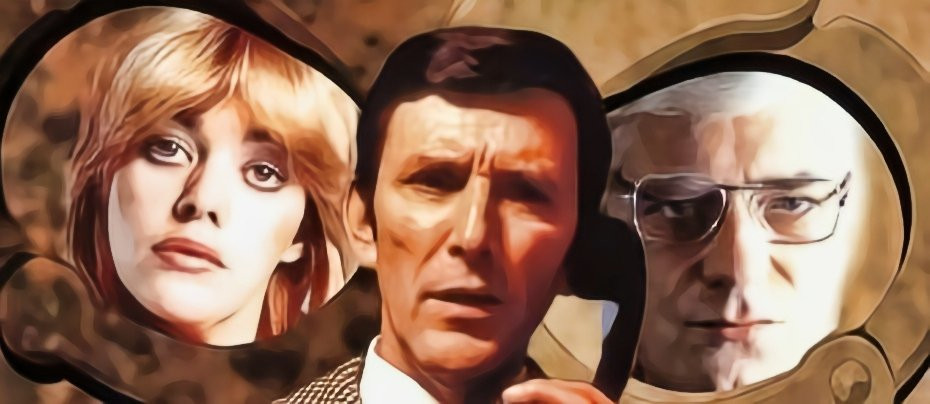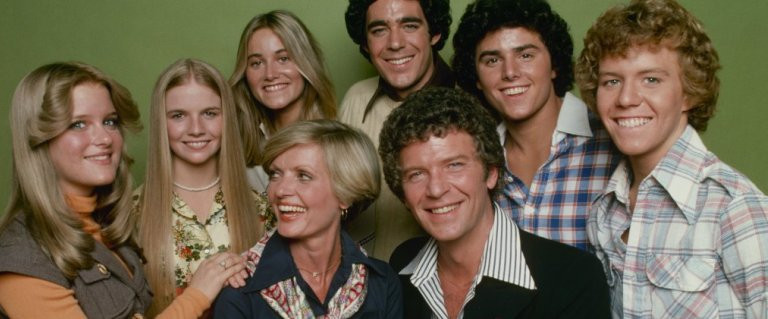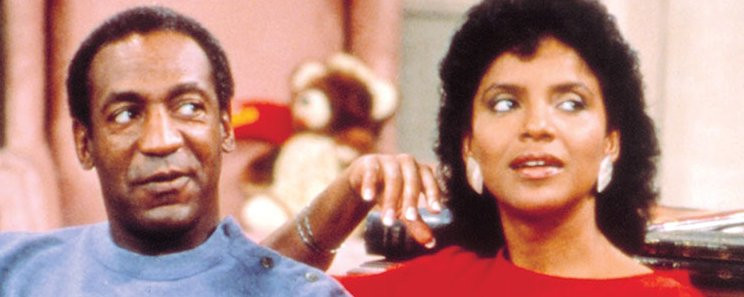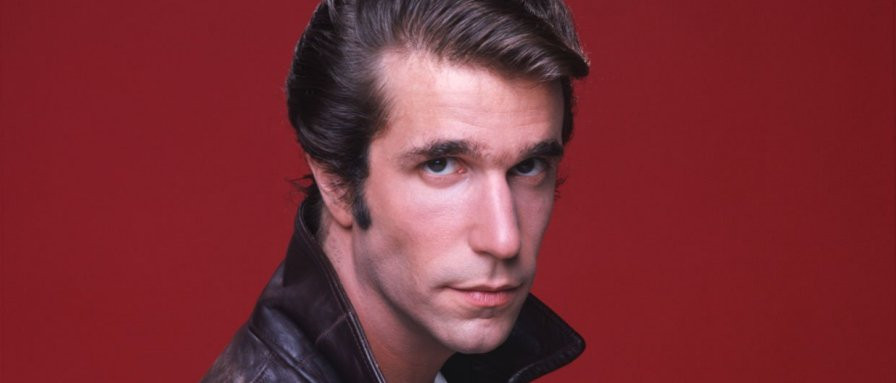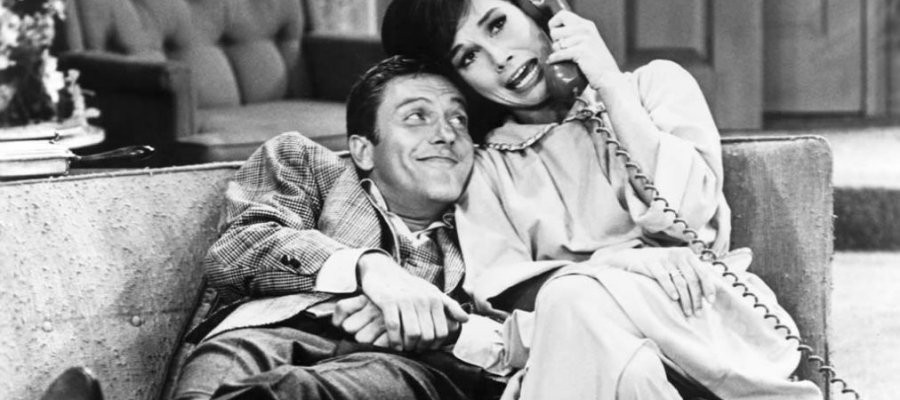
Mork and Mindy
1978 - United StatesThe launch pad for a future Academy Award-winning film career, Mork & Mindy marked the explosive arrival of Robin Williams, then a (relatively) unknown stand-up comic with a reputation for manic, stream-of-consciousness performance. His breakthrough came in a surreal February 1978 episode of Happy Days, in which Williams’s character, a zany alien named Mork from the planet Ork, attempted to abduct Richie Cunningham in a dream sequence. The audience response was immediate and overwhelming – so much so that ABC swiftly commissioned a spin-off series for Williams, which debuted in August 1978 and became an instant ratings sensation.
Relocated to the then-contemporary setting of late-1970s Boulder, Colorado (a distinct shift from the 1950s nostalgia of Happy Days), Mork & Mindy introduced us to a fish-out-of-water story grounded in absurdity and warmth. Mork, a misfit on his own planet due to his unruly sense of humour and satirical jabs at the Orkan leader Orson, is dispatched to Earth to observe and report on human behaviour. He arrives via a giant eggshell spacecraft, and quickly befriends Mindy McConnell (Pam Dawber), a kind-hearted music store clerk who offers him a place to stay in her attic. Thus began a gentle, oddball comedy with an endearing central premise and a unique comedic voice.
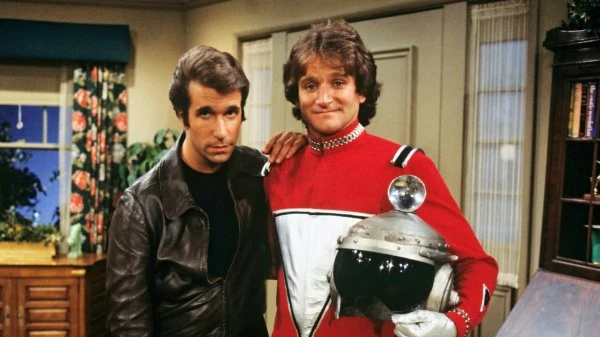
Much of the show’s initial appeal stemmed directly from Williams’s anarchic energy. Outwardly human but clearly alien in behaviour, Mork provided rich comic material: he wore his clothes backwards, sat upside down in chairs, and drank through his finger. His bizarre antics puzzled the townsfolk but endeared him to viewers – especially when filtered through the grounded, all-American perspective of Mindy. It’s said that Williams improvised up to a third of his dialogue, a claim entirely believable given the barely-contained chaos of his performances.
This winning mix of screwball slapstick and offbeat charm propelled Mork & Mindy into the upper echelons of television popularity almost overnight. Yet, at the very height of its success, the show fell victim to a now all-too-familiar malaise in American network television: overreach.
Rather than allowing the simplicity of the central dynamic to continue organically, the second season opened with a deeply strange and ill-advised storyline in which Mork shrinks into nothingness and enters a netherworld populated by archetypes of good and evil. Viewers expecting lighthearted mischief and rapid-fire gags were instead met with perplexity. The shift in tone was jarring – and not in a good way.
Making matters worse, nearly the entire supporting cast from the first season was discarded. Gone were Mindy's grandmother Cora and her stern but well-meaning father Frederick (only to be reinstated later in a panicked reversal). In their place came an overstuffed roster of new characters: Remo and Jean DaVinci, recent transplants from the Bronx with barely sketched-out personalities; Nelson, a bland cousin with political aspirations; and Mr. Bickley, the grumpy downstairs neighbour. Most egregiously, the show introduced Exidor – a deranged cult leader and supposed comic foil – a baffling addition that diluted the very premise of Mork’s otherness by suggesting Earth had its own fair share of nutcases.

Meanwhile, Mindy was hastily transformed into a journalism student and given a job at a local television station, further shifting the show’s focus away from its original dynamic. The comedy became increasingly sentimental, and Williams’s previously effervescent performance began to show early signs of the mawkishness that would later dog parts of his film career.
In a misguided act of desperation, the producers attempted one last gambit in 1981: marrying off Mork and Mindy and having them produce a full-grown son, “Mearth”, played by Williams’s real-life comedy idol Jonathan Winters. The sight gag of an adult man playing the child of two young newlyweds may have sounded clever on paper, but in execution it fell painfully flat. The character never resonated, and the show limped to its final episode on 10th June 1982, a pale shadow of its former self.
And yet, despite its tragic tumble from grace, Mork & Mindy retains an enduring place in pop culture history – largely due to Williams’s sheer comic brilliance during that unforgettable first season. For a brief, shining moment, it was lightning in a bottle: a fresh, surreal, and hilarious piece of television. But as ever, the lesson remains clear – if it isn’t broken, don’t let the network executives “fix” it. Nanu Nanu!
TRIVIA
The role of Mork was initially offered to Dom DeLuise.
When offered the part in 'Happy Days' Robin Williams was a stand-up comedian working at The Comedy Store in Los Angeles.
The Mork and Mindy scriptwriters allowed Williams to ad-lib or improvise at certain points in the show by marking the script "Mork can go off here".
According to Mork his home planet of Ork was "bleems and bleems away".
The first comedy series to feature an alien living amongst humans was My Favourite Martian.
Seen this show? How do you rate it?
Seen this show? How do you rate it?
Published on January 1st, 2025. Written by Laurence Marcus for Television Heaven.


